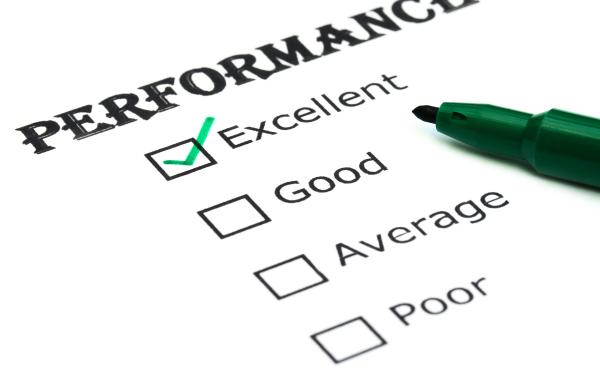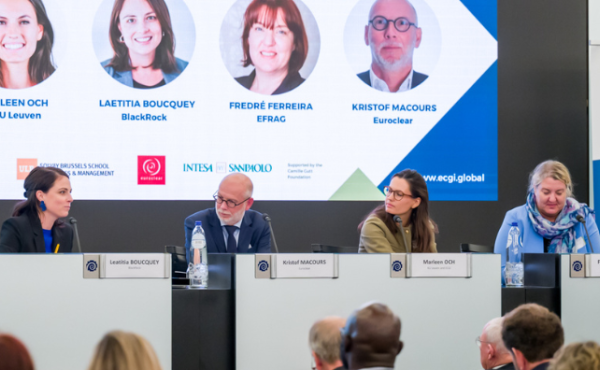
The ECGI blog is kindly supported by

Keynote: Does Corporate Culture Matter?
Saskia Slomp, CEO of EFRAG (European Financial Reporting Advisory Group), delivered a keynote address at the 2024 ECGI Annual Conference, titled Does Corporate Culture Matter? in which she explored EFRAG’s evolving role, the development of European Sustainability Reporting Standards (ESRS), and the importance of corporate culture within this framework. She began by tracing EFRAG’s history, noting its initial focus on financial reporting, including endorsing IFRS for the European Commission. Since 2018, however, EFRAG has expanded its mission to include sustainability reporting, reflecting the European Commission’s Action Plan on Sustainable Finance. This evolution underscores EFRAG’s dual mission to integrate financial and sustainability reporting, ensuring businesses provide a holistic picture of their performance.
Slomp outlined the ESRS, which operationalize the Corporate Sustainability Reporting Directive (CSRD). These standards are mandatory and directly enforceable across EU member states through delegated acts, bypassing national adaptation. A phased implementation begins in 2024, applying first to companies already subject to the Non-Financial Reporting Directive (NFRD), with SMEs following in later years. A distinguishing feature of ESRS is its incorporation of double materiality, requiring disclosures on both financial materiality (how sustainability issues affect the company) and impact materiality (how the company impacts society and the environment). ESRS also aligns sustainability disclosures with financial reporting timelines, supporting integrated corporate reporting. Notably, companies must provide mandatory limited assurance on sustainability disclosures, transitioning to reasonable assurance over time.
Slomp emphasized the significance of corporate culture, explicitly recognized in the CSRD. Companies are required to disclose policies and practices related to corporate ethics, anti-corruption, and anti-bribery, linking cultural aspects to governance and operational integrity. She highlighted how culture can either support or undermine corporate strategies, reinforcing the need for governance frameworks that integrate ethical and cultural considerations.
EFRAG’s ongoing work includes the development of sector-specific standards for high-impact industries such as oil and gas, mining, and agriculture. Additionally, EFRAG is creating standards tailored to SMEs, including a voluntary framework aimed at reducing reporting burdens by consolidating multiple questionnaires into a unified system. Slomp also discussed EFRAG’s efforts to provide implementation support through guidance documents, Q&A platforms, and collaborative studies. To promote alignment with global standards and reduce redundant reporting, EFRAG is working closely with organizations like the ISSB, GRI, and ISO.
Despite its progress, EFRAG operates within political and operational constraints. For example, while political discussions, such as those initiated by Ursula von der Leyen, call for reduced reporting obligations, EFRAG continues to work under the existing CSRD framework. Slomp stressed that sector-specific standards are designed to streamline, not increase, reporting requirements, addressing misunderstandings about their purpose.
In closing, Slomp reiterated that corporate culture plays a critical role in achieving sustainability goals. By embedding ethical practices and cultural values into corporate governance, companies can align their strategies with broader societal expectations. EFRAG’s work demonstrates how culture, sustainability, and governance intersect, shaping the regulatory landscape and driving long-term value creation. This integrated approach positions EFRAG as a key player in advancing responsible business practices in Europe and beyond.
_______________
This article is Part Three of a seven-part blog series covering insights and reflections from the 2024 ECGI Annual Conference.
Explore the rest of the posts: read Part One, read Part Two, read Part Four, read Part Five, read Part Six, and read Part Seven.


